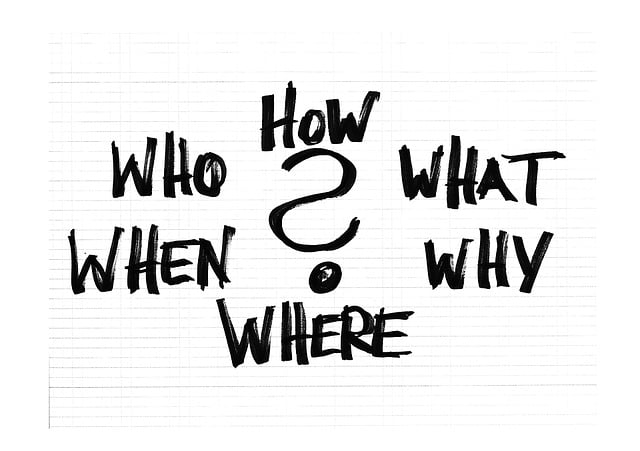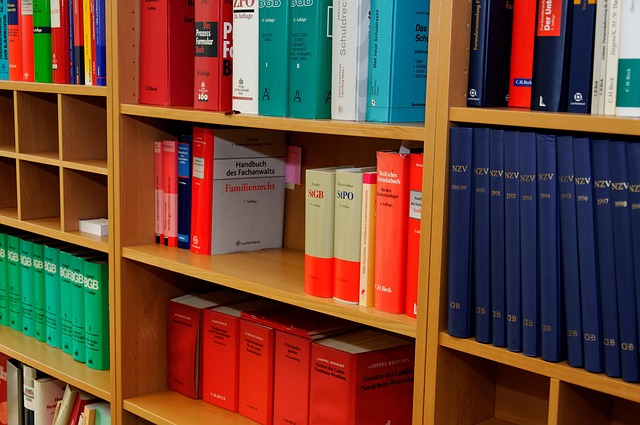Identifying wrongful death survivors is crucial for legal cases, focusing on immediate family like spouses, children, and parents who experience profound emotional loss. In employment or commercial disputes, colleagues or business partners may also qualify if they had a close relationship with the deceased and can prove significant impact from their loss. Eligibility criteria include a direct connection to the deceased and verifiable harm; jurisdictions often recognize spouses, children, parents, and sometimes siblings as survivors, aiming to support recovery and hold accountable responsible parties. Assessment of relationship strength influences compensation for losses like companionship, with distant relatives facing a higher bar to demonstrate substantial and meaningful ties.
In the aftermath of a tragic loss, understanding who qualifies as a legal wrongful death survivor is crucial. This article delves into the intricate details surrounding this critical question. We’ll explore what defines a wrongful death survivor and examine key eligibility criteria, with a special focus on the role of dependence and the nature of the relationship to the deceased. By shedding light on these aspects, we aim to empower individuals navigating the complexities of legal claims related to wrongful deaths.
- Defining Legal Wrongful Death Survivors
- Eligibility Criteria for Survivor Status
- The Role of Dependence and Relationship to the Deceased
Defining Legal Wrongful Death Survivors

In the legal realm, defining wrongful death survivors is a critical step in determining who is entitled to seek injury compensation and pursue justice. Wrongful death survivors are individuals or entities directly impacted by the unjust act that led to a loved one’s death. This can include immediate family members such as spouses, children, and parents, who suffer an irreplaceable loss and often bear the brunt of emotional distress.
Beyond familial ties, certain relationships and dependencies can also qualify someone as a wrongful death survivor. For instance, in cases involving employment disputes or commercial disputes, colleagues or business partners might be considered survivors if they had a close working relationship with the deceased and can demonstrate a significant impact on their lives due to their loss.
Eligibility Criteria for Survivor Status

When it comes to wrongful death cases, determining who qualifies as a legal survivor is a crucial step in ensuring justice and compensation for the affected parties. Wrongful death survivors are individuals or entities that have suffered a loss due to the unlawful actions of another person or entity. Eligibility criteria for survivor status typically include a direct relationship to the deceased and demonstrable harm resulting from their death.
In many jurisdictions, wrongful death survivors may include spouses, children, parents, and sometimes siblings or other close relatives. For example, if a client suffers medical malpractice that leads to a loved one’s death, the surviving spouse and dependent children could be considered legal wrongful death survivors. Similarly, cases of elder abuse where an elderly person dies due to negligence can entitle their family members to pursue a claim for compensation. This process is designed to promote client recovery and hold accountable those responsible for preventable losses.
The Role of Dependence and Relationship to the Deceased

When determining who qualifies as a legal wrongful death survivor, one of the key factors considered is the relationship and dependence on the deceased. Wrongful death survivors are typically those closely tied to the victim, such as spouses, children, parents, or siblings. The strength of this relationship plays a significant role in assessing damages and compensation. For instance, a surviving spouse may be entitled to claim loss of companionship, emotional support, and financial contributions that they reasonably expected from their deceased partner.
In contrast, relationships further removed from the deceased, like distant relatives or friends, might have a harder time establishing their eligibility as wrongful death survivors. Courts often require a demonstrative link showing how the relationship was substantial and meaningful, especially in cases involving medical negligence or commercial disputes where the loss of a client or customer is at issue. This distinction ensures that compensation is awarded to those who have suffered the most significant harm due to the wrongful death.
Determining who qualifies as legal wrongful death survivors is a complex process that involves understanding specific eligibility criteria and the role of dependence and relationship to the deceased. By defining these key factors, families can navigate the legal system more effectively and secure justice for their loved ones. Remember that each case is unique, so consulting with a qualified attorney is essential to ensure the rights of wrongful death survivors are protected.






